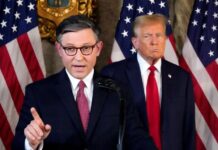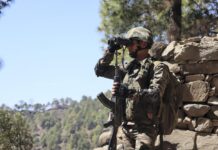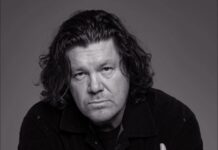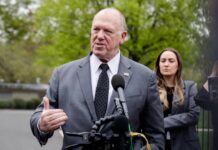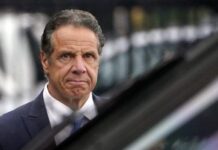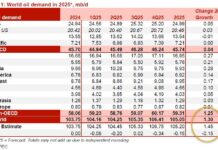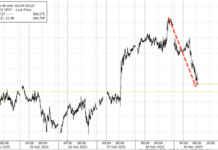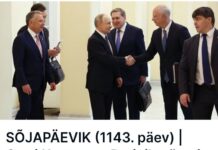Chief of the Russian General Staff Valery Gerasimov’s acknowledgement that North Korean troops helped expel Ukraine from Kursk ended around nine months of speculation about their role in the conflict. Rumors began to circulate after Russia and North Korea updated their strategic partnership last June and reaffirmed its mutual defense clause. Western, Ukrainian, and South Korean media then alleged that North Korea sent troops to help Russia while the Kremlin reacted coyly to these reports.
It was only in late October that a clearer picture began to emerge after Putin lent credence to these claims by saying that “Images are a serious thing. If there are images, then they reflect something” upon being asked about satellite images of North Korean troop movements. He also said during the same press conference that “We know who is present there, from which European Nato countries, and how they carry out this work”, thus hinting at Russia’s motive in requesting North Korea’s assistance in Kursk.
Adversarial media’s reports about North Koreans fighting within Ukraine’s pre-2014 borders remain unconfirmed, including the disputed regions that Russia claims as its own in their entirety, but it’s now an indisputable fact that they were fighting within Russia’s universally recognized borders. Kursk region was invaded by Ukraine last August as part of an ultimately failed ploy to swap whatever it could occupy there for some of the Ukrainian-claimed land under Russian control.
Just like Ukraine reportedly requested Western assistance for fighting Russia inside its pre-2014 borders per Putin, who also accused the West of assisting Ukraine’s attacks inside Russia’s universally recognized borders, so too did Russia request North Korea’s assistance for fighting Ukraine in Kursk. His motive was therefore to reciprocally respond to the West’s direct but still unofficial military involvement in the conflict by having North Korea enter the fray on Russia’s side in a similarly clandestine manner till now.
This segues into the why North Korea would agree to Russia’s request, which was presumably for aid (agricultural, military-technical, and space-related) and experience, the latter with regard to having its troops learn how to fight a modern war in case of future hostilities with the South. Given the mutual defense basis for complying with this request, Russia could return North Korea’s favor in that event, the scenario of which might deter its enemies from provoking a war in the peninsula like Pyongyang fears.
Officially acknowledging North Korea’s role in Kursk might have been more about sending a message to Ukraine, however, since the precedent of Putin claiming that the West assists its attacks inside Russia’s universally recognized borders could lead to North Korea participating in an expanded ground offensive. Russia might make a major push in Sumy, Kharkov, and/or even Dniepropetrovsk regions, all universally recognized as Ukrainian, either during the ongoing peace talks or especially if they collapse.
The Damocles’ sword of large-scale North Korean involvement in any offensive might be sufficient for coercing Ukraine into concessions or crushing its forces but it could also backfire if the US doubles down on its military aid to Ukraine in response as part of a policy of “escalating to de-escalate”. In any case, Russia wants the world to know that North Korea might play a larger role in the conflict, thus making its official acknowledgement a powerful but risky diplomatic card to play at this pivotal moment.
